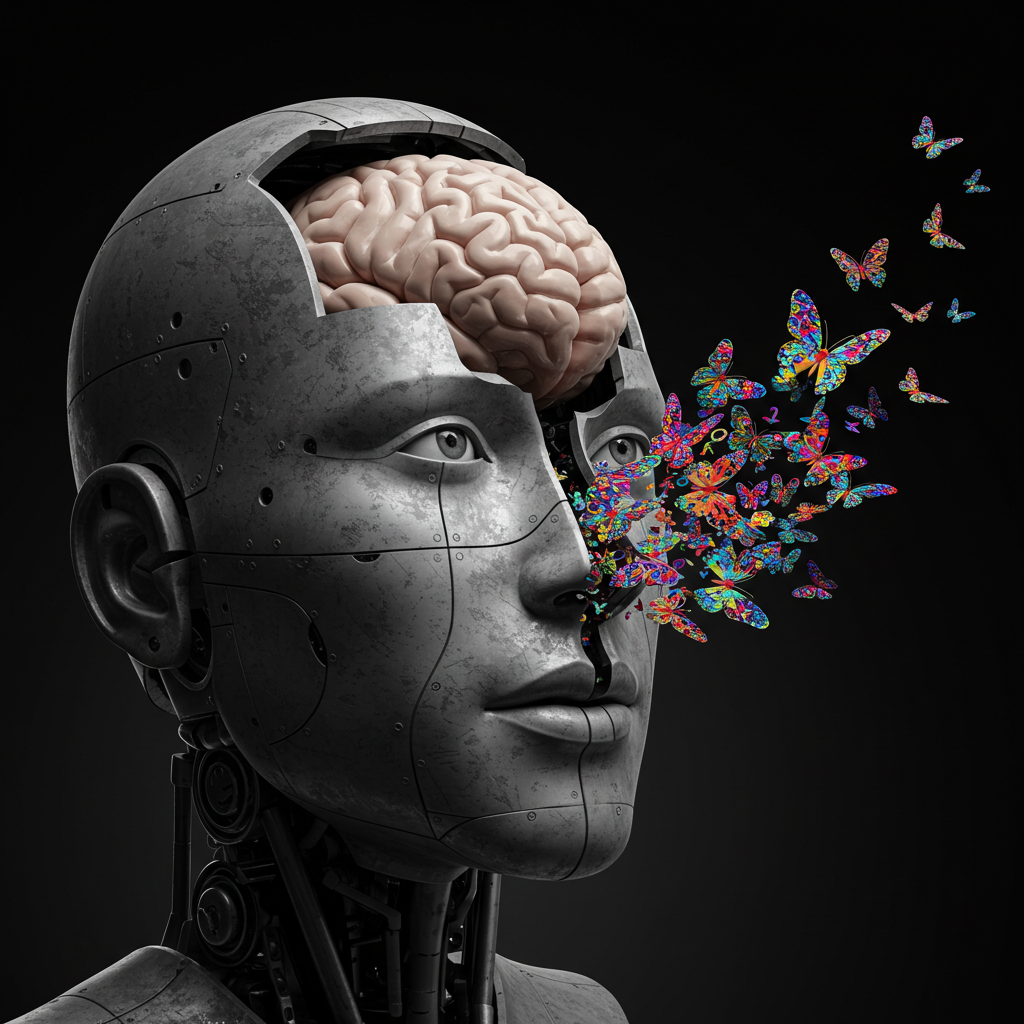CFP: Teaching Writing in a Time of Chaos
Timeline:
Proposals due: January 5th, 2026
Acceptance announcement: January 15th, 2026
Online micro-symposium: April 23, 2026
9:00 a.m. to 3:00 p.m. MST
Format: 10 minute presentations with multiple slides.
Google form submission: https://forms.gle/TeNHGqfWJ7WbikZK9
Technology Writing and Culture website: https://techwritingculture.de/ (this page)
As college writing teachers in the United States we occupy a period of instability and disruption that pervades our professional and personal lives. If there are boundaries between history, politics and the classroom, those boundaries seem to be very permeable, weak at best, and constantly shifting, leading at times to a sort of pedagogical dissociation, a sense of surrealness and at times despair. As Blitz and Hurlbert wrote over 25 years ago in the introduction to Letters for the Living: Teaching Writing in a Violent Age, writing teachers have often shared a familiar story:
We want to change the world
We are supposed to change the world
No one can change the world
…
It’s too hard to change the world
Education should change the world
…
The wrong people are changing the world
Given the turbulent state of what is passing for reality, and the long history of resistance pedagogy, a cynical or depressed reader might conclude that teaching writing isn’t the most effective way to forestall creeping fascism–if your only tool is a syllabus, then every problem looks like a learning objective.
Nevertheless there is value in asking, how should instructors respond to concentrated attacks on democracy, the defenestration of individual rights, the ongoing attempts to dismantle the Civil Rights Act under the guise of anti-DEI legislature, and the rapid normalization of authoritarianism?
Teaching writing as resistance becomes even more fraught as free speech comes under concerted attack in the classroom, as seen in bills in Florida, Utah and other states aggressively demonizing educators and censoring the classroom.
How do we respond as writing teachers to political violence? While recognizing that individual efforts are not a singular solution to systemic problems, what pedagogical interventions can we employ?
Possible topics might include anything really cool that you are doing in your classroom that gives you a shred of hope. Or possibly addressing one of the following:
* Making space for free speech in the classroom while remaining employed
* Student motivation as a casualty of social upheaval
* Responding to mental health issues among colleagues, staff and students
* Finding joy in teaching writing in spite of “everything”
*The classroom as a refuge from social turmoil
* Alternatives to the industrial, neoliberal model of education
* Effective responses to artificial intelligence abuse
* Resisting the LMS-surveillance industrial complex
* Rediscovering pencil and paper
* Student evaluations as surveillance and control
* Protecting our most marginalized students
* The promise and potential of unionization
* Experimental pedagogy as a response to oppression and control
* Small acts of kindness in the classroom
* The laws of salvage: The ethics of pillaging leftover snacks in the break room
* What to do when a political murder happens on your campus
* Course learning outcomes: are they the antichrist spoken of by ancient prophets?
* Whatever happened to that idealistic inner grad student
* Coping with burnout: learning to rekindle the love in your toxic relationship with academia
* Meaningful teaching in the midst of chaos
* The positionality of professorial outrage
* Dismantling the master’s house with the master’s tools: disruptive technologies to usher in the next glorious utopia
* Is early retirement the only answer?
Format: participants will be asked to present on Microsoft Teams (forgive me) for 10 minutes, so as to accommodate both the number of applicants and our damaged attention spans. Fun slides are encouraged but not mandatory. Think PechaChuka
Accommodations will be made for presenters who need to share their work anonymously.
Although there is some silliness in the CFP, this is a real conference.
Timeline:
Proposals due: January 5th, 2026. If something amazing shows up on January 6th, I’ll probably check it out.
Acceptance announcement: January 15th, 2026
Online micro-symposium: April 23, 2026
Google form submission: https://forms.gle/TeNHGqfWJ7WbikZK9
Technology Writing and Culture website: https://techwritingculture.de/
Can I just add that editing text in WordPress is beyond frustrating?

